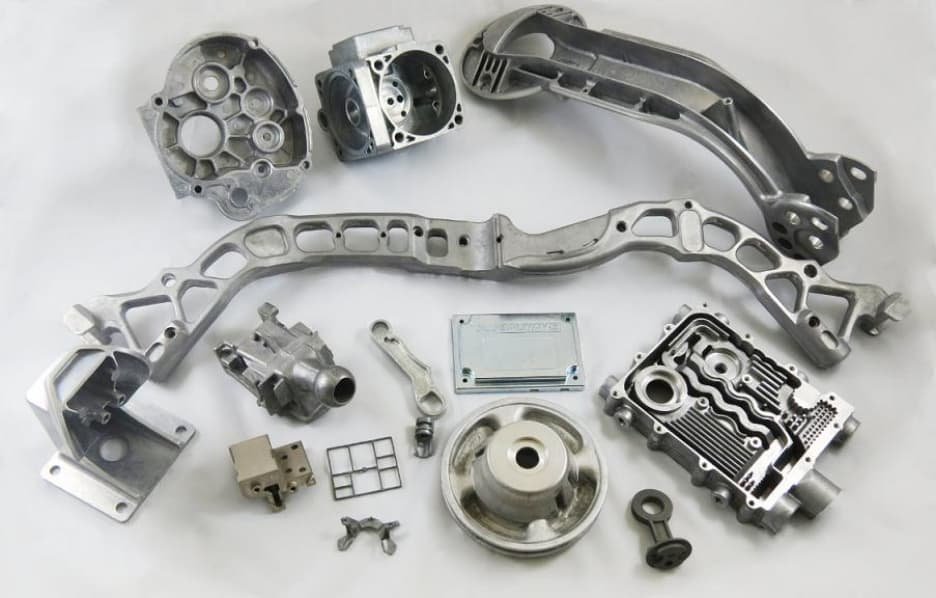Die Casting Excellence: How Service Providers Deliver Quality Components
Introduction
Die casting is a manufacturing process that has played a crucial role in the production of high-quality metal components for various industries. From automotive parts to consumer electronics, the excellence achieved in die casting is a result of precision, technology, and expertise. In this article, we will delve into how die casting service providers deliver quality components, exploring the process, materials, and key factors that contribute to their success.
The Die Casting Process
Die Casting in a Nutshell
Die casting is a process where molten metal, typically aluminium die casting , zinc, or magnesium, is injected into a mold cavity under high pressure. Once the metal solidifies, the mold is opened, and the final component is ejected. It’s a highly efficient process for producing complex, dimensionally accurate, and high-strength parts.
Key Factors in Die Casting Excellence
- Material Selection
The choice of material is a critical factor in die casting excellence. Different alloys offer specific properties like strength, corrosion resistance, and thermal conductivity. Service providers work closely with clients to select the ideal alloy for the intended application.
- Mold Design and Precision
The design and fabrication of the die casting molds are intricate processes. The mold must accommodate the desired component’s geometry, ensuring that molten metal fills all cavities evenly. Precision in mold design and manufacturing is paramount to achieving high-quality components.
- Process Control and Consistency
Die casting excellence hinges on strict process control and consistency. Service providers employ advanced equipment and monitoring systems to regulate factors like temperature, pressure, and injection speed. Consistency in these variables ensures that each component meets the required specifications.
- Tooling and Maintenance
Regular maintenance of molds and tooling is essential to prevent defects and ensure the longevity of the die casting equipment. Service providers invest in maintenance schedules and tooling upgrades to uphold quality standards.
- Quality Assurance and Inspection*
Comprehensive quality assurance measures are in place throughout the die casting process. Inspection and testing, including visual checks, dimensional measurements, and material analysis, verify that components meet specified tolerances and material properties.
- Post-Casting Treatments*
Depending on the application, post-casting treatments like heat treatment, machining, and surface finishing may be required. Service providers offer these services to ensure that components achieve the desired mechanical properties and surface finish.
Applications of Die Casting Excellence
- Automotive Industry
Die casting is extensively used in the automotive industry to produce components such as engine blocks, transmission housings, and chassis parts. The high strength-to-weight ratio of die-cast components contributes to fuel efficiency and vehicle performance.
- Electronics and Consumer Goods*
Die casting plays a crucial role in the production of consumer electronics, including smartphone cases, laptop enclosures, and camera housings. The process provides durability and precise dimensions for intricate electronic components.
- Aerospace and Defense*
In the aerospace and defense sectors, die casting is employed to manufacture critical components like aircraft structural parts, radar components, and missile casings. The process’s reliability and consistency are essential in these applications.
- Medical Devices*
Die casting is used to create medical device components, such as surgical instruments, diagnostic equipment, and implantable devices. The precision and material compatibility of die-cast parts are vital in medical applications.
Meeting Industry Standards and Regulations
Die casting excellence goes hand in hand with compliance with industry-specific standards and regulations. Service providers adhere to international standards and certifications relevant to their respective sectors, ensuring that components meet safety, quality, and performance requirements.
Conclusion
Die casting service providers have elevated the manufacturing process to deliver excellence in the production of metal components. Through meticulous material selection, precise mold design, stringent process control, and quality assurance measures, they consistently produce components that meet the exacting demands of diverse industries.
Die casting’s role in automotive, electronics, aerospace, and medical applications underscores its importance in modern manufacturing. As technology advances and the need for high-quality, complex components grows, die casting will continue to be a cornerstone of manufacturing excellence, shaping the industries it serves.











